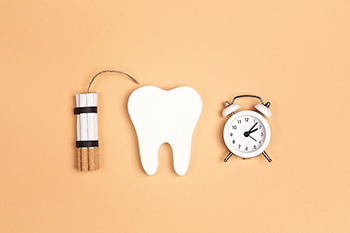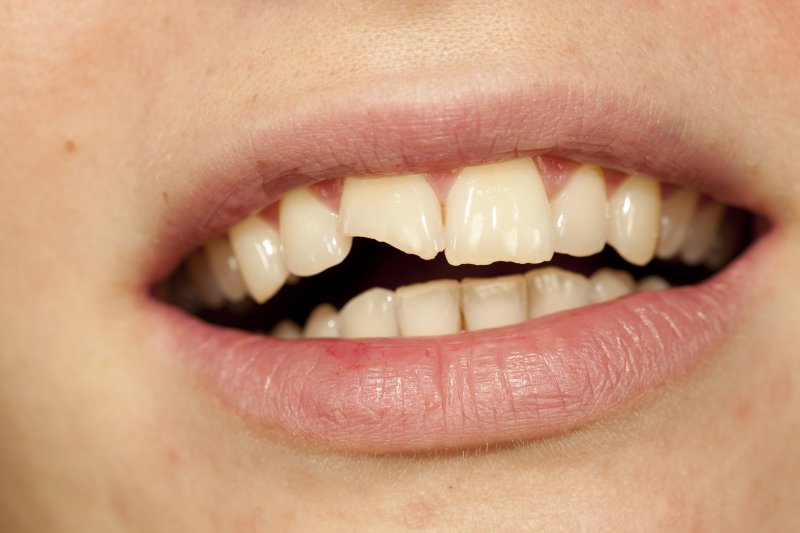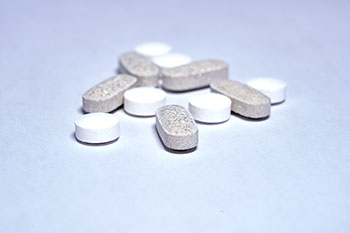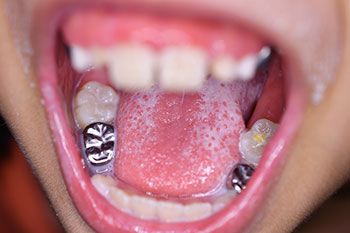New research in the Journal of Clinical Periodontology has shown that COVID-19 complications are linked to oral health. Managing gum disease is essential for avoiding COVID-19 related complications. Gum disease triggers an inflammatory response in the body, so maintaining healthy teeth and gums is vital during the COVID-19 pandemic.
Periodontal disease or periodontitis can cause bleeding gums, bad breath and eventually loss of teeth if it is left untreated. Periodontal disease has been linked to heart disease, diabetes, Alzheimer’s and COVID-19 complications. COVID-19 complications resulting from gum disease showed higher levels of biomarkers that are associated with worsened disease outcomes, such as white blood cell levels, D‐dimer, and c-reactive protein. Patients with severe gum disease in the study were at least 3 times more likely to experience COVID‐19 complications, including death, ICU admission, and the need for assisted ventilation.
(more…)










